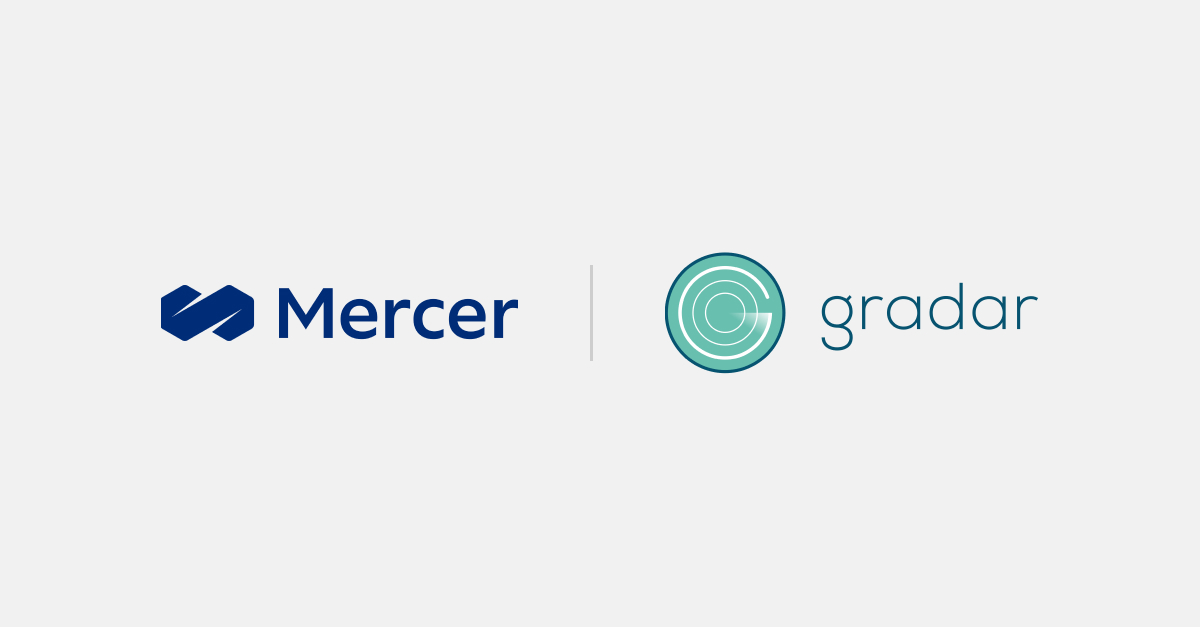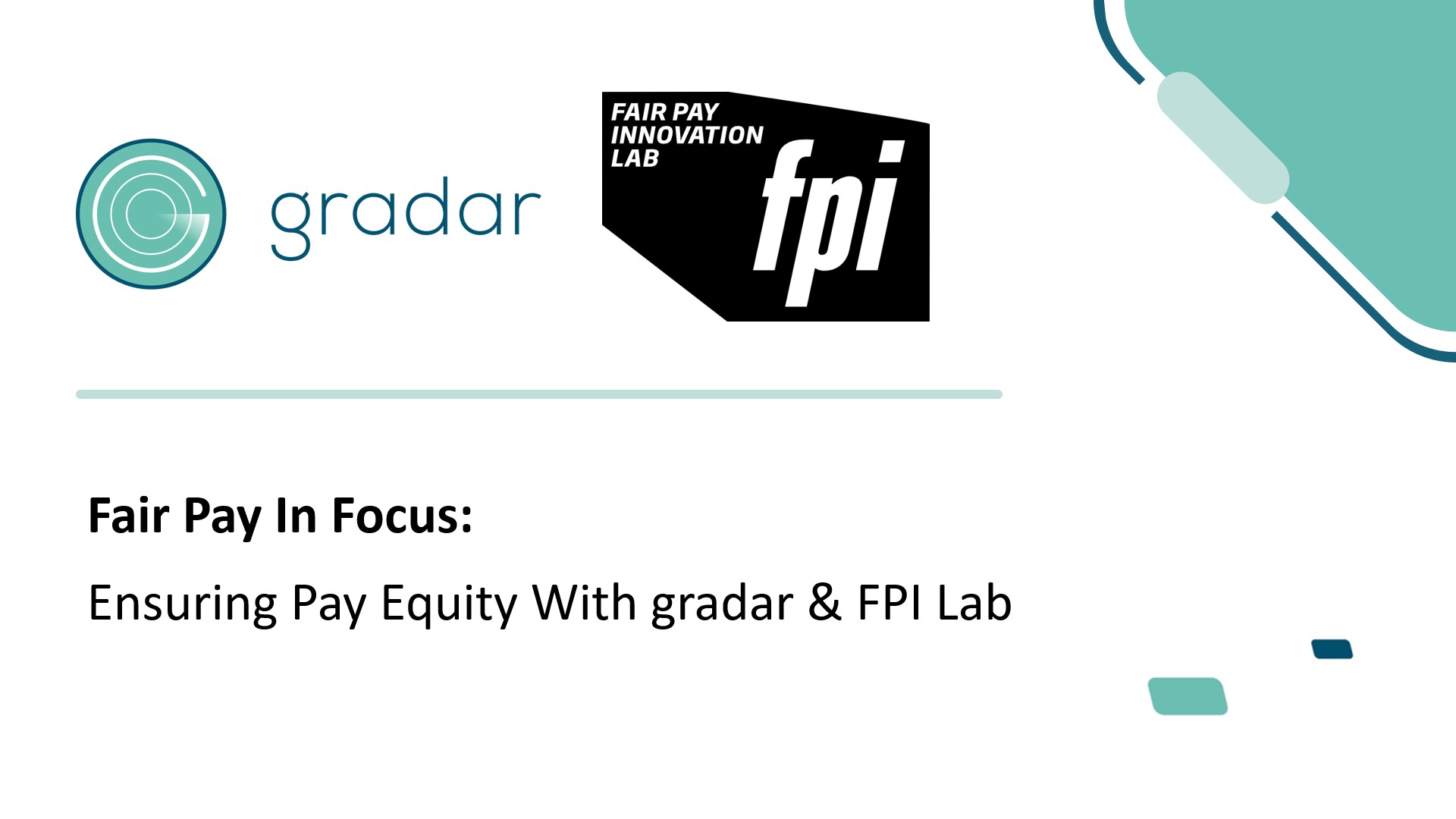
Recent studies have shown that broad pay ranges might actually deter applicants rather than attract them. Let's dive into why this happens and how you can optimize your job ads for better recruitment outcomes.
1. First Impressions Matter
When job seekers see a wide pay range, like €60,000-€120,000 it can come off as "dishonest" or "disingenuous." First impressions are crucial, and a broad range might just turn applicants away before they even apply.
2. Trust Issues
A study from Washington State University found that broad pay ranges make employers seem less trustworthy. If candidates feel skeptical from the get-go, they're less likely to engage with your company.
3. Happy Medium
There's an optimal pay range that gives employers flexibility without sending negative signals. Too broad, and it feels vague; too narrow, and it might not reflect the role's true scope.
4. Explanations Matter
How you explain the pay range can make a big difference. Saying the pay depends on qualifications can deter applicants, while tying it to geographic location can make it seem more objective and fair.
5. Legal vs. Practical
While laws might require you to advertise a pay range, remember that negotiation is still on the table. Use the range as a starting point, not a final offer.
6. Transparency Boosts Retention
Pay transparency isn't just good for attracting talent; it also improves employee retention. Clear communication about how pay is determined can build trust and reduce turnover.
7. Prepare for Awkward Conversations
Current employees might see job ads for their roles and have questions. Be ready to discuss compensation decisions openly to maintain trust and attract new talent.
Conclusion
Navigating the complexities of pay transparency in job ads can be challenging, but it's an essential part of modern recruitment strategies. By carefully considering how you present pay ranges, you can build trust with potential applicants and improve your chances of attracting top talent.
Remember, the goal is to strike a balance between flexibility and clarity, ensuring that your job ads send the right signals to prospective employees. With thoughtful communication and a commitment to transparency, you can turn your job postings into powerful tools for recruitment and retention.



